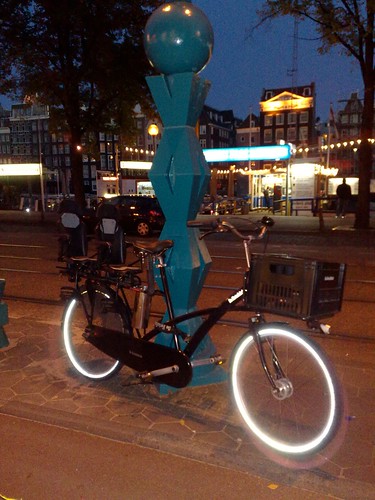Dutch shock points to tremors in Europe’s core
Dutch #Dutch

Dutch far-right politician and leader of the PVV party, Geert Wilders speaks to the press following the exit poll and early results in the Dutch parliamentary elections, in The Hague, Netherlands November 22, 2023. REUTERS/Yves Herman/File Photo Acquire Licensing Rights
BRUSSELS, Nov 23 (Reuters Breakingviews) – Dutch voters propelled longtime rabble-rouser Geert Wilders and his anti-immigrant, anti-EU Freedom Party to the top spot in Wednesday’s parliament elections. That gives him a first stab at taking over from outgoing conservative premier Mark Rutte, if he can rally a coalition. The results add to the sense that Europe’s core is starting to rot.
The Freedom Party (PVV) led by Wilders, who has called for banning Mosques and a Dutch referendum on the EU, looks set to win 37 out of the 150 seats, trouncing its previous high of 24 spots in 2010. The most immediate impact is likely gridlock. Even if Wilders drops his most radical ideas, mainstream conservatives, who won 24 seats, may have reservations about supporting his cause. Labour and green party politicians, who won a combined 25 places, have already said they won’t join in.
This puts the Dutch on course to break their domestic record of 299 days for forming a government, even if Belgium’s world-leading streak of nearly 2 years will be hard to match. Politicians may wish to avoid compromising ahead of the European Parliament elections in June. Assuming a majority can form after that, it is likely to be led by or dependent on Wilders, making it unpredictable and fragile. Alternatively, mainstream parties may cobble together a minority government, also an unstable formation.
The impact may be felt beyond the Hague. Countries facing domestic turmoil may yet turn to Europe as a way to get policy done. But at the same time, EU talks won’t get far if national heads of state can’t cooperate. The Dutch results, combined with German political turmoil, likely put paid to hopes of a deal on Europe’s fiscal rules by year-end. Wilders’ ascent also means the Netherlands will become a foreign policy wild card, particularly when it comes to hot spots like Ukraine and Israel. And he may oppose policies that put fighting climate change ahead of economic growth, complicating Europe’s efforts to move away from fossil fuels.
Wilders joins Italian Prime Minister Giorgia Meloni in bringing once-taboo views into the mainstream, helped by voters’ fears over immigration. Similar shocks may come in European elections next year, and in coming votes in France and Germany, where Marine Le Pen’s National Rally party and Alternative for Germany are leading or ranked second in polls. Europe’s core, the bloc’s lynchpin during the euro zone crisis, is now a shaky foundation.
Follow @rebeccawire on X
CONTEXT NEWS
In Nov. 22 Dutch parliament elections, populist politician Geert Wilders’ Freedom Party won 37 out of 150 seats, ahead of 25 for a joint Labour/Green ticket and 24 for the conservative People’s Party for Freedom and Democracy of outgoing Prime Minister Mark Rutte.
Wilders will now try to put together a coalition and become premier. Rutte will remain as caretaker while talks continue. A minority government led by one of the other parties also is a possibility.
In 2021, the Dutch took a record 299 days of talks to form a government. Belgium holds the record of 652 days, between 2018 and 2020.
Editing by Neil Unmack and Streisand Neto
Our Standards: The Thomson Reuters Trust Principles.
Opinions expressed are those of the author. They do not reflect the views of Reuters News, which, under the Trust Principles, is committed to integrity, independence, and freedom from bias.